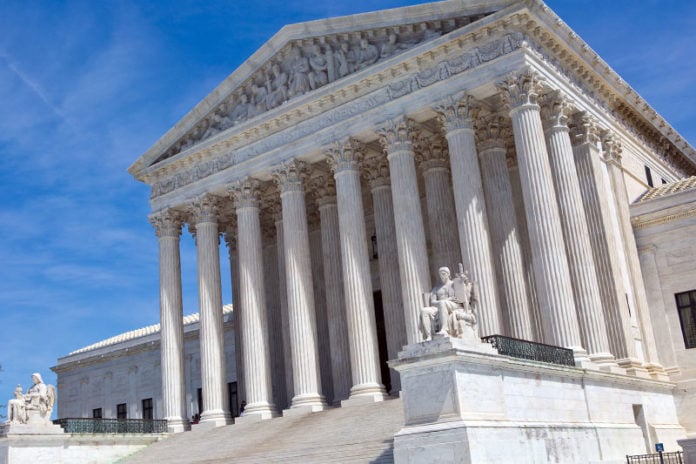Friday witnessed the largest unions from the public sector to defend their mandatory ‘Unionism’. This defense was a part of the brief that was submitted to the Supreme Court on Friday.
The American Federation of State, County, and Municipal Employees – AFSCME Council31 is undergoing a fight to allow a governmental agency the right to obligate the union dues and fee payments as a part of the terms and conditions for the employment. Many of the AFSCME supporters and members filed a petition to the Supreme Court for the reversal of the court orders, which came out as a result of the case ‘Abood versus the Detroit Board of Education’ – 1977 – which revolved around the fact that employees were forced to agree to the policy or lose the employment opportunity. A total of 22 states went on to make the payments mandatory while 26 are against any such fee.
AFSCME is of the point of view that the payments are mean to avoid the free rider problems where the workers are benefitted by the combined efforts of the Unions, whereas they refuse to contribute both, monetarily and in person. As the Union covers various problems and efforts in a lot of areas, it is hence justified for them to ask these payments for the union services. Furthermore, the Union is of the view that the discontinuation of these payments would cause a lot of problems within the Union.
“Though such fees implicate the First Amendment, the Court explained, collection of them is justified by States’ strong interest in promoting labor peace through collective bargaining and avoiding the ‘free rider’ incentive that arises when non-member employees can avoid paying any fees while retaining the benefits of representation by an informed and expert agent,” the brief read.
Furthermore, Union went on to disagree to the arguments presented by the plaintiff saying that the government sector labor organizations are political because they go forth to put their claims on the taxpayer money while affecting the budget. It further wanted to draw a line to differentiate between the collective bargaining and the lobbying of the government representatives of the employees and the public citizens. The government may feel free to appoint any group to be the representative for its employees, however, it may not subdue any of the political speech from the private citizens. AFSCME further argues that simply calling the governmental policies to be ‘inherently political’ provides the judiciary an extreme observation of the governmental operations, which would then overstep the rights of the lawmakers who have coded this collective bargaining system into a law.
“The government has the right to choose to whom it listens in a private forum,” the brief said. “Paying salaries is a reality of the government acting as an employer. At bottom, it cannot be that all topics with fiscal effects necessarily raise matters ‘of legitimate public concern.'”
The Democratic Attorney General Lisa Madigan, from Illinois, defended the use of the compulsory payments to be a reasonable condition that the workers should meet. She further went on to argue that no part of the collective bargaining prevents the employees from exercising their free speech rights as a private citizen, she said in her brief.
“Agency fees…do not restrict any employee’s right to speak in any public forum on any subject and are justified by the State’s interest as an employer in effectively managing its workforce,” the brief of the State said.





























